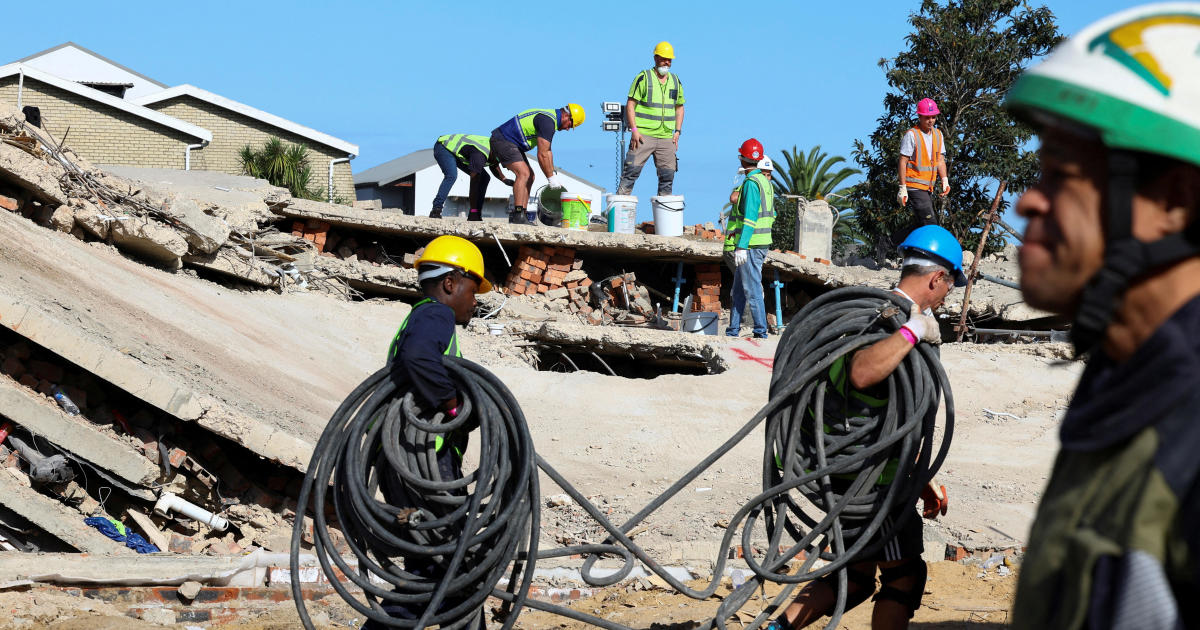Will U.S. coronavirus outbreak look like South Korea or Italy? "We've got a choice to make"
The United States is at "a critical inflection point" in the coronavirus outbreak, the U.S. Surgeon General Dr. Jerome Adams said Monday. To ensure the country's hospitals can treat the people who get sick, aggressive mitigation steps are needed, he said.
"We have the same number of cases that Italy had two weeks ago. So we've got a choice to make. Do we want to follow the trajectory of a South Korea, where they had aggressive mitigation measures and everyone really leaned into this issue, or do we want to follow the trajectory of Italy where we're seeing a rapid increase in cases and more deaths?" Adams said on "CBS This Morning."
The number of reported coronavirus cases in the U.S. is more than 3,700 and at least 71 people have died. According to Johns Hopkins University, more than 1,800 people have died of coronavirus in Italy while 75 people have died in South Korea.
The mitigation measures that need to happen to lower the number of cases and deaths in the U.S. include social distancing, said Adams, who is a member of the White House's Coronavirus Task Force. The Centers for Disease Control and Prevention put out a recommendation Sunday night saying gatherings of 50 people or more in the next eight weeks should be canceled.
People who had elective surgeries scheduled should also talk to their doctors about rescheduling, Adams said. "Now's maybe not the best time to have that elective procedure done because it uses up personal protective equipment, it potentially brings in coronavirus cases into the hospital and it taxes health care workers."
There is a national stockpile of masks and other supplies for hospitals, but there is also a concern about the number of available ventilators.
"As of right now, we have enough ventilators. When you look at different modeling projections, there are scenarios where we potentially wouldn't have enough ventilators," Adams said. "The way that you make sure you have enough ventilators is to decrease the number of people who need them by leaning into these aggressive mitigation methods that we're talking about."




